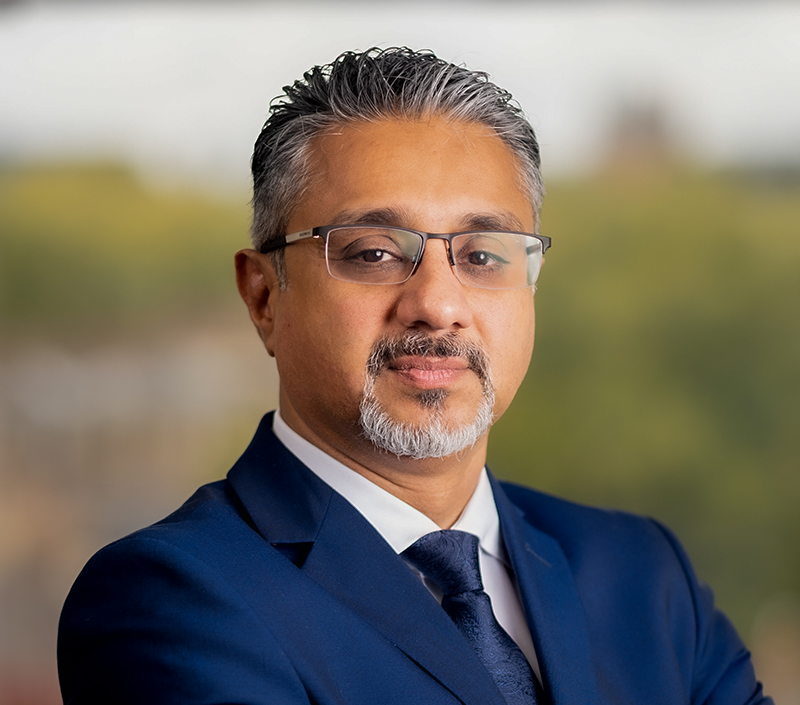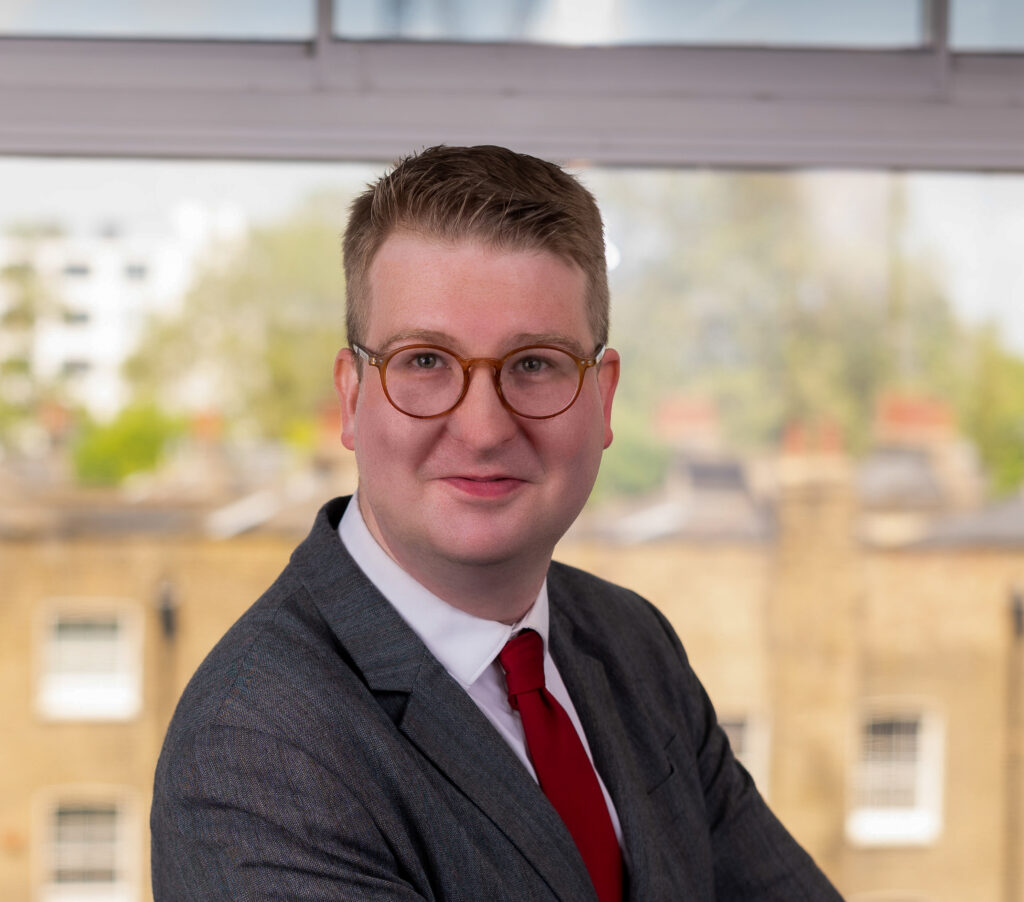Renowned reconstructive plastic surgery consultant and Palestinian rights advocate Dr Ghassan Abu-Sitta has resisted an application to suspend him from practice rejected by a General Medical Council tribunal.
Dr Abu-Sitta was the subject of a complaint by a pro-Israel pressure group, about posts he was alleged to have made on social media. The complainant had contended that the content complained of impaired Dr Abu-Sitta’s fitness to practice, and the case was referred to an ‘Interim Orders Tribunal’ with the power to suspend him from, or restrict, his practice during the course of the lengthy investigation. A suspension would have had a disastrous impact on Dr Abu-Sitta’s reputation, as a public figure and a prominent figure in the British Palestinian community, as well as a doctor. It would also have had a significant impact on his right to freedom of expression under Article 10 ECHR. However, having considered all the evidence, the Tribunal resoundingly rejected this application.
Dr Abu-Sitta argued before the Tribunal that the complaint was political in nature, he was not the author of a number of the posts complained of, and that translations provided of others were substantially inaccurate.
The Tribunal expressed concern that no independent translation or verification of the translation offered by UKLFI of the Arabic language posts in question has been provided by the GMC. It could see no evidence that there was any potential risk to patients or to members of the public arising from the concerns about Dr Abu-Sitta’s social media posts, and rejected the submission that Dr Abu-Sitta would discriminate against Jewish or Israeli patients because the only evidence before the Tribunal on this point suggested the contrary – that Dr Abu-Sitta did not discriminate against any particular group of patients. The Tribunal considered that there was no evidence before it to suggest that patient safety would be compromised and had regard to impressive testimonials — including by a British Israeli colleague who spoke to Dr Abu-Sitta’s fair treatment of patients. The Tribunal further declined to impose any interim conditions to regulate Dr Abu-Sitta’s use of social media. It had regard to the long history of humanitarian overseas work by Dr Abu-Sitta and added that it was not in the public interest to be deprived of a competent doctor.

